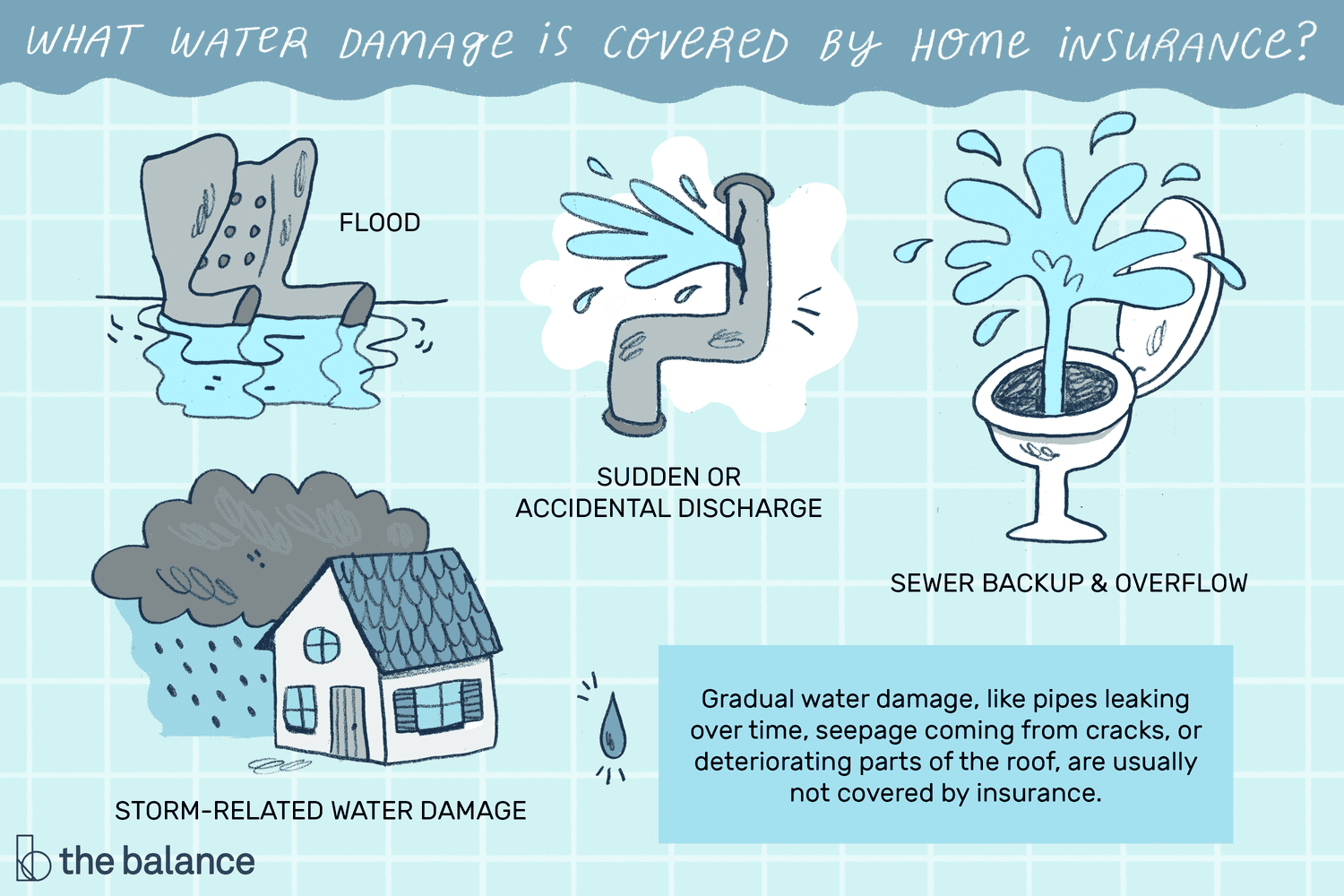
Coverage for pre-existing medical conditions by health insurance
The Affordable Care Act was enacted by the United States in 2010. Prior to this, most individual and families health plans did not provide coverage for pre-existing diseases. This meant that those with common health problems like high blood pressure, asthma or allergies would have to pay higher premiums and might not be able to get the health insurance they wanted.
People with chronic diseases and injuries were particularly affected by this discrimination, making it hard to get affordable insurance. The only way to avoid this discrimination in the past was to buy a large group plan, which was available for employees of companies that had 500 or more workers.
They were also more expensive, and did not include all of the features most people need, like prescription drug coverage or pre-ventive services. They often also included lifetime limitations on benefits. Many of these plans also charge extremely high out-of pocket costs for cancer treatment and other major medical bills.

Prior to the ACA, a patient with a preexisting condition would have had to wait a certain amount of time before enrolling in a new health plan. The waiting time could range between six months and a year depending upon the state regulations, type of policy, and plan.
Lori was a 48-year old freelancer with a chronic condition of high blood pressure. She had it well controlled using two medications. She could only afford affordable coverage after purchasing her own insurance and paying her monthly payments. She was frustrated by the lack of affordable insurance that she could afford and tried to find a way to get more comprehensive health insurance coverage for her.
In the end she chose a Medicare Advantage Plan with drug coverage that did not require a waiting period. She also paid $2 more per month in order to receive a prescription benefit that would cover her medication.
Those who have preexisting conditions can still be denied or forced to pay higher premiums for insurance, but this is rare and only happens in very few cases. Because the ACA caps the amount insurers may charge those with preexisting medical conditions, they are still subject to discrimination by companies that do not comply with the ACA. These companies will either exclude these individuals from their policy or raise the premiums for them in order offset the cost.

Coons claims that the ACA provides preexisting conditions protections for the 150 million Americans who receive their health insurance through their employer, but it is not true. HIPAA protected those with employer sponsored coverage from preexisting conditions, but ACA expanded this protection to include all individuals and families who purchase their own insurance through the ACA Marketplace.
A Ca and existing conditions
The Affordable Care act is a law that has been very important in helping millions of Americans get affordable health insurance. The provisions in the law that protect those with preexisting medical conditions from being denied insurance are some of the most popular. The law has been challenged by Republicans in the Supreme Court several times, but so far has failed to be overturned. It is therefore vital that Congress passes a strong health insurance law that will ensure everyone can afford it.